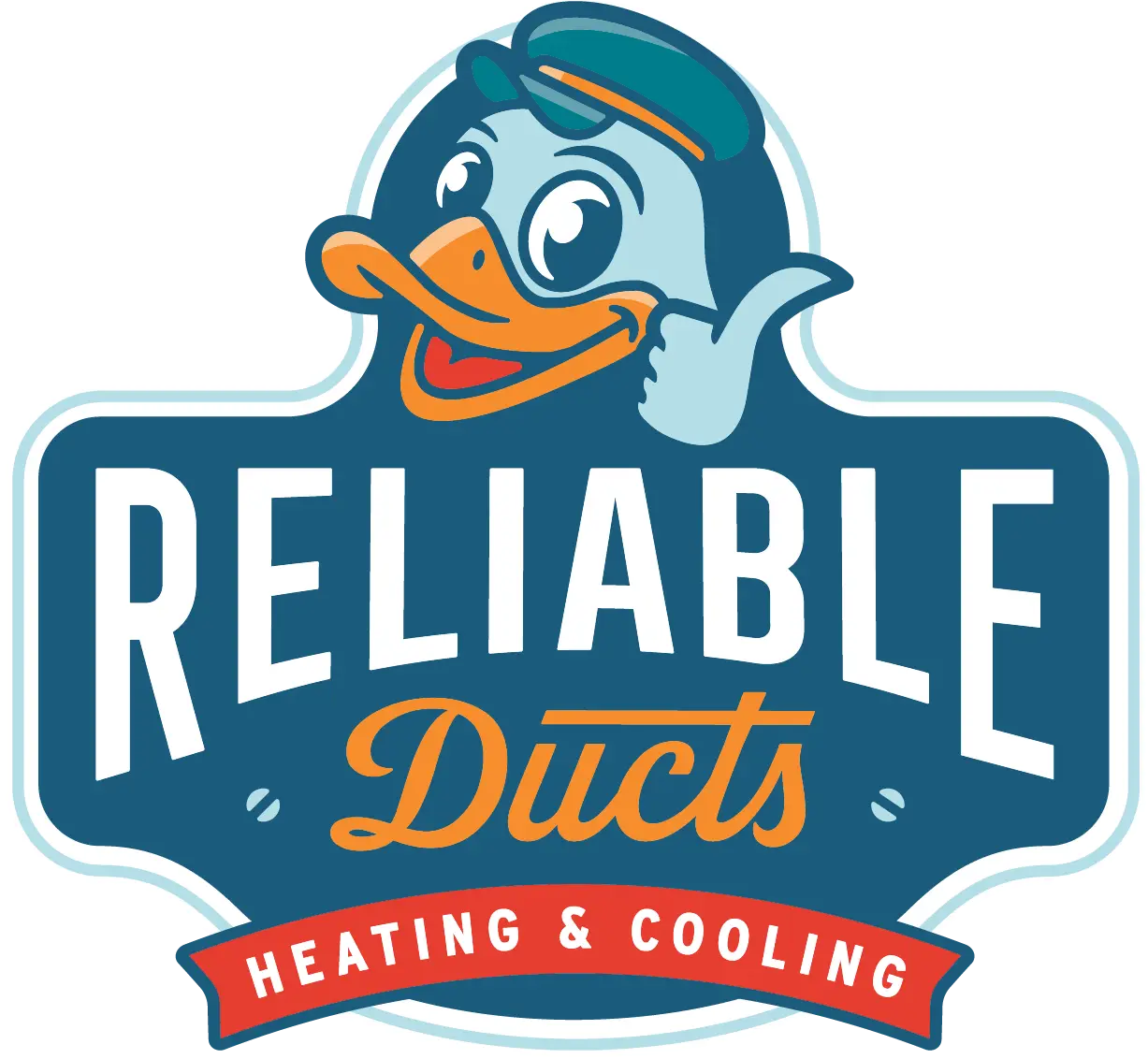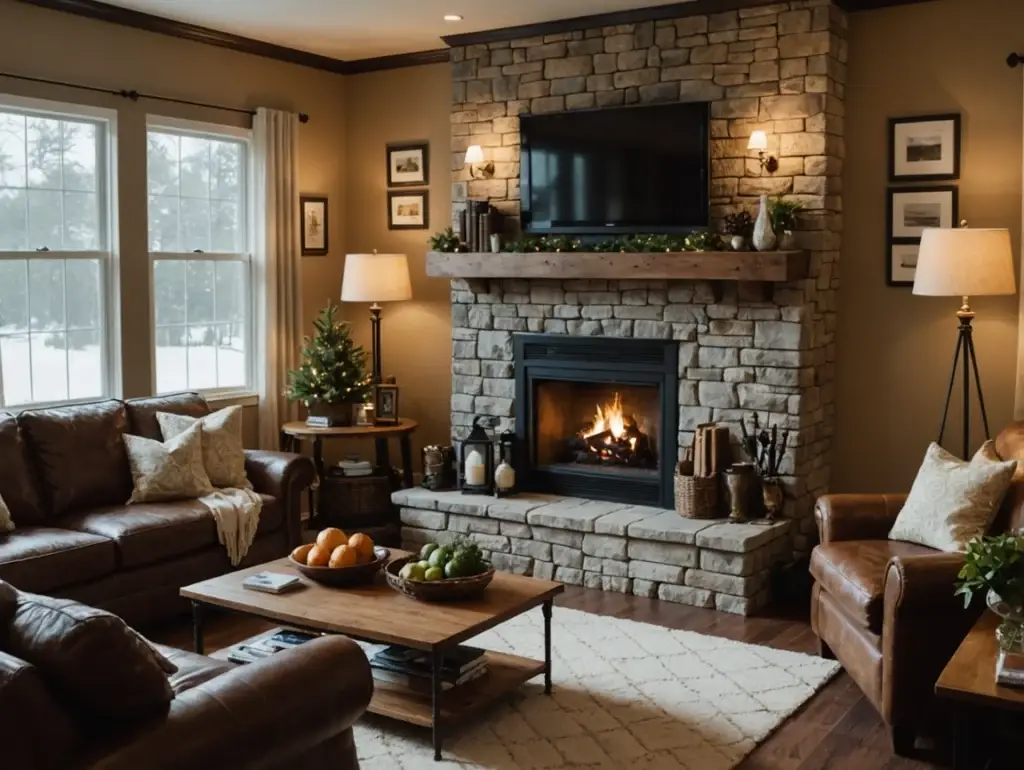On average, your heating system is responsible for 40% of the energy you consume in your home. You can reduce your utility bills by addressing energy usage by your system. Here are the top tips for saving money on your heating system in the winter.
Address Insulation Problems and Air Leaks
Insulation can boost your home’s comfort and reduce your energy bill. Without insulation, the wall or ceiling will conduct heat to adjacent rooms.
You also require the correct grade of insulation for different parts of your home and your climate. For example, EPA recommends R-values between R30 and R60 for houses in Jacksonville. For the attic, the R-value is between R25 and R38.
The R-value is an indication of the material’s resistance to thermal energy. Without the correct insulation grade, you could be losing up to 50% of the heat from your system. An upgrade of the insulation can reduce your heating bills and extend the life of your equipment.
The type of insulation you need will depend on the availability of space in that room. Fiberglass may require multiple layers to attain the desired R-value. Spray foam, which has a higher insulation rating, is more suitable for smaller rooms with a shortage of space.
An energy audit can help spot areas of your home that have insulation deficiencies or leaks. Leaks around doors or windows can let the air out, leading to high utility bills. You can talk to Reliable Ducts Heating & Cooling in Jacksonville for dependable heating solutions.
Take Advantage of Natural Lighting and Heating
You can manage your heating bills by taking advantage of the energy from the sun. During the day, you can open the windows to let sunlight heat the room. If the day is sunny, keep the blinds, shades, and curtains open.
At night, close the curtains or shades as soon as the sunsets. That way, you’ll be trapping the warm air and, in the process, reduce your heating bills.
You can use heavy curtains, especially if you have air leaks around the window. It can be a temporary solution before you can seal the gaps around windows and doors.
Using ceiling fans in reverse can facilitate the distribution of air around the house. As the fan moves in the counterclockwise direction, it pulls air upwards. You can push a switch at the base of the fan to force it to run in reverse. When you stand beneath it, the draft should be blowing down on you.
You may also want to reconsider the furniture arrangement. Bookshelves and couches could be limiting the airflow and, in turn, forcing your system to overwork. Leave some clearance around the vents to allow air to flow freely in and out of the room.
Lower Thermostat Settings or Use a Programmable Device
According to the Department of Energy, you can save up to 10% of the heating costs by lowering your thermostat. The agency recommends turning down the temperatures by between 7 to 8 degrees for eight hours a day.
You can set different temperatures when you are home during the day and at night while you sleep. For example, the setting when you are awake can be 68 degrees and 60 degrees at night. The colder interiors are more suitable for sleeping, as too much warmth can interrupt your sleep.
You may also reduce temperatures during the cold season when you are away on vacation. Turning down the system can reduce the energy consumption of your home.
However, it is not always a good idea to switch off your systems completely. Heating is necessary to prevent your plumbing from freezing. Additionally, any pets you have will need temperatures close to your regular setting to keep them warm.
When you want to save energy while away, one of the best options is to use a programmable thermostat. You can easily set the system to heat your home half an hour before you return home. When you step through the door, the room will be cozy.
A programmable thermostat has other convenient features to boost your comfort. You can check on your system while on vacation. Some devices can send you a report of your monthly energy consumption. Our technicians at Reliable Heating & Ducts can work with you to find a device suitable for your system.
Consider Zoning for Unused Rooms in Your Home
One way to save energy is to close off any unused areas of your home. If those rooms are always unoccupied, heating them will only waste energy. Ensure the door is closed to trap the heat inside the room.
However, it is not advisable to close off the vents. Air can accumulate and can increase the pressure in the ductwork. Eventually, the air may leak into the unconditioned areas of your home. Your heating system may cycle on and off, trying to keep up with the demands of your home.
Additionally, the design of vents and ductwork is tailored to fit the needs of the building. As a result, components of your furnace may overheat. Your equipment will cycle on and off and will deteriorate faster as a result.
Zoning is the most effective way to lower your utility bills if you have unoccupied rooms. It involves using multiple indoor air handlers connected to an outdoor unit. Heating depends on the needs of each room.
Zoning optimizes comfort in your home by addressing varying temperature needs. It also ensures that all rooms are heated to prevent pipes running behind the wall from freezing.
By zoning parts of the house, you can increase the longevity of the system. Since it only runs when it is necessary, it reduces the rate of deterioration of your equipment. It also strikes a balance between energy consumption and comfort. You can talk to Reliable Ducts Heating & Cooling staff to explore your options in Jacksonville.
Keep Your Furnace Efficient with a Tune-up
The average life of a furnace is between 16 and 20 years. As it starts to age, your system may develop issues such as ignition problems or frequent cycling. A malfunctioning unit works hard to keep the interior warm in winter. As a result, the faulty components will draw more energy in the process.
If your furnace is faulty, a timely repair service will prevent further complications. Ideally, you ought to stick to your annual maintenance routine. Experienced technicians can find fault during the service and replace parts to restore the system’s efficiency.
The frequency of the maintenance service will depend on how often you use the system and the equipment. Once a year is sufficient for a forced-air system. Heat pumps should be services at least once every six months. Busy homes with pets and multiple occupants can schedule a tune-up twice a year for the best results.
If you need trusted heating repair and installation services in Jacksonville, don’t hesitate to call Reliable Ducts Heating & Cooling. We offer a wide range of solutions from indoor air quality to duct cleaning and heat pumps. When you call on our team, you can expect personalized solutions designed to meet your specific needs. For your peace of mind, we offer a 100% guarantee for the service we provide. You can call Reliable Ducts Heating & Cooling’s trusted team today for trusted services in Jacksonville.



